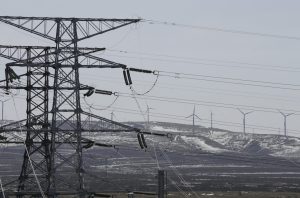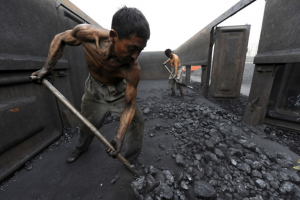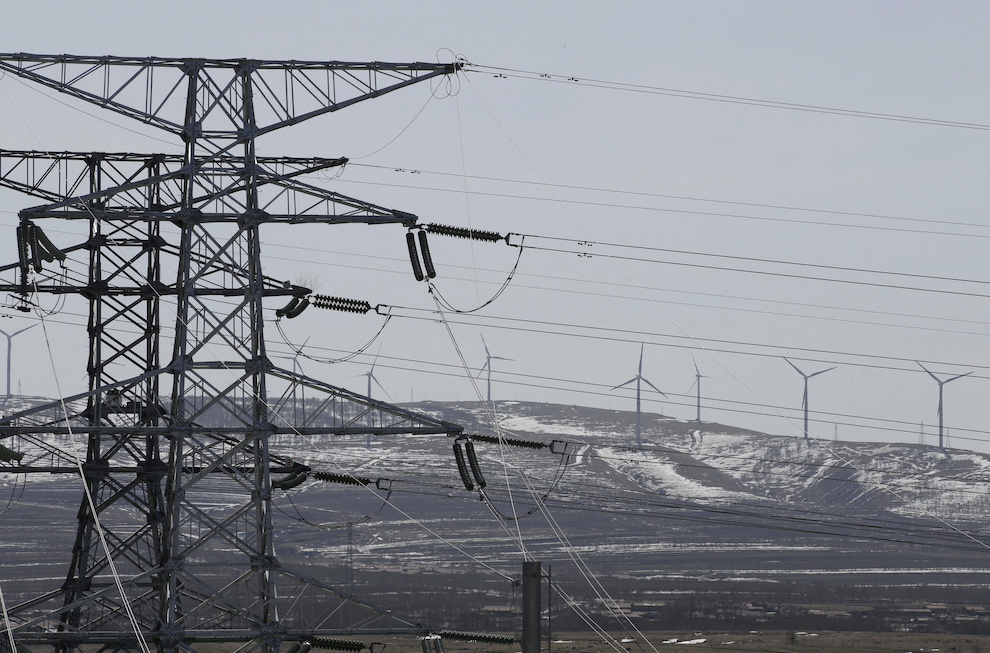Asian investors will be on high alert this week watching for signs that the conflict in the Middle East could escalate further, ratcheting up volatility ahead of a key Federal Reserve meeting and the release of important US data.
Prime Minister Benjamin Netanyahu said on Saturday that Israeli forces had unleashed the second phase of the Gaza war as they pressed ground operations against Hamas militants.
The region’s investors have grown more worried about a widening conflict in recent days after the US dispatched more military assets to the Middle East while Israel attacked targets in Gaza and Hamas supporters in Lebanon and Syria.
Also on AF: Huawei, US-Sanctioned Firms Win as China Dumps Western Tech
“The situation in Israel is … causing a lot of anxiety,” said Randy Frederick, managing director of trading and derivatives for Charles Schwab.
On Friday, Brent futures settled up 2.9% at $90.48 a barrel on concerns the conflict could disrupt crude supplies. Spot gold, a popular safe haven for nervous investors, vaulted over $2,000 for the first time since mid-May.
In a note on Friday, analysts at Capital Economics said the oil market’s response to the conflict was “muted” so far.
“That said, any sign that the other countries in the region are becoming more involved in the conflict would cause oil prices to rise sharply,” they wrote.
If an escalation of the conflict causes the US to increase war-related spending that raises the deficit, Treasury yields could rise beyond the 16-year highs they already have hit, said Peter Cardillo, chief market economist at Spartan Capital Securities.
CBOE Volatility Index Climbs
Some investors also expect a widening conflict could prompt safe-haven buying of Treasuries. This could moderate the surge in yields, which move inversely to prices, and this in turn could ease pressure on stocks and other assets.
The S&P 500 has fallen more than 10% since late July, when it reached its high for 2023, though the index is up over 7% year-to-date.
“So far, US government bonds have not been performing their usual safe-haven function,” UBS Global Wealth Management said in a note on Friday.
“However, an escalation of the conflict would likely shift attention away from monetary policy concerns and boost safe-haven demand for Treasuries.”
Both gold and oil can also provide hedges against near-term volatility, they said.
The CBOE Volatility index has climbed in the wake of the conflict and rose on Friday, approaching seven-month highs.
The Federal Reserve is set to give its latest monetary policy statement on Wednesday, while Apple’s quarterly results highlights another busy week of corporate reports.
- Reuters with additional editing by Sean O’Meara
Read more:
Asia Economies Warned High Inflation to Persist Into Late 2024
Nikkei Slides as Middle East Crisis Darkens, Fed Hopes Fade
Crypto Helped Fund Hamas’ Terror Attack on Israel – DW
China Funds Seek Backers in Middle East as US Investors Retreat
























